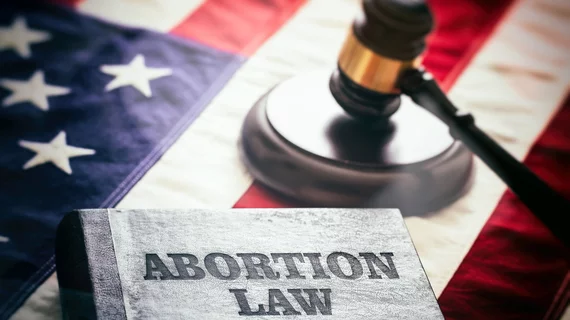Catholic hospital sued for refusing to perform emergency abortion on a hemorrhaging patient
A Catholic hospital in California is accused of putting a woman’s life in danger by refusing to provide an emergency abortion. State Attorney General (AG) Rob Bonta announced Monday that his office is suing the hospital on the alleged victim's behalf.
According to the lawsuit from the AG, Ann Nusslock’s water broke early when she arrived at Providence St. Joseph Hospital in Eureka, putting her at risk of a serious infection or potentially fatal hemorrhage. Instead of receiving an abortion of the nonviable fetus, Nusslock was forced to travel 12 miles to another hospital for the procedure.
By the time she arrived on an operating table, she was violently hemorrhaging, the lawsuit claimed. Nusslock was pregnant with twins and said doctors at Providence St. Joseph agreed she needed an abortion to survive. However, they opted not to perform one because clinicians could hear "fetal heart tones" and did not believe her life was in immediate danger, Nusslock claimed.
The incident happened in February.
Bonta’s office said the behavior of clinical leaders at Providence St. Joseph is tantamount to discrimination and in violation of state law that requires hospitals to provide all necessary emergency care, regardless of the organization's religious affiliation.
The lawsuit is seeking punitive damages, plus a court order to ensure a case similar to Nussock’s does not happen in the future.
The hospital has yet to comment on the lawsuit.

